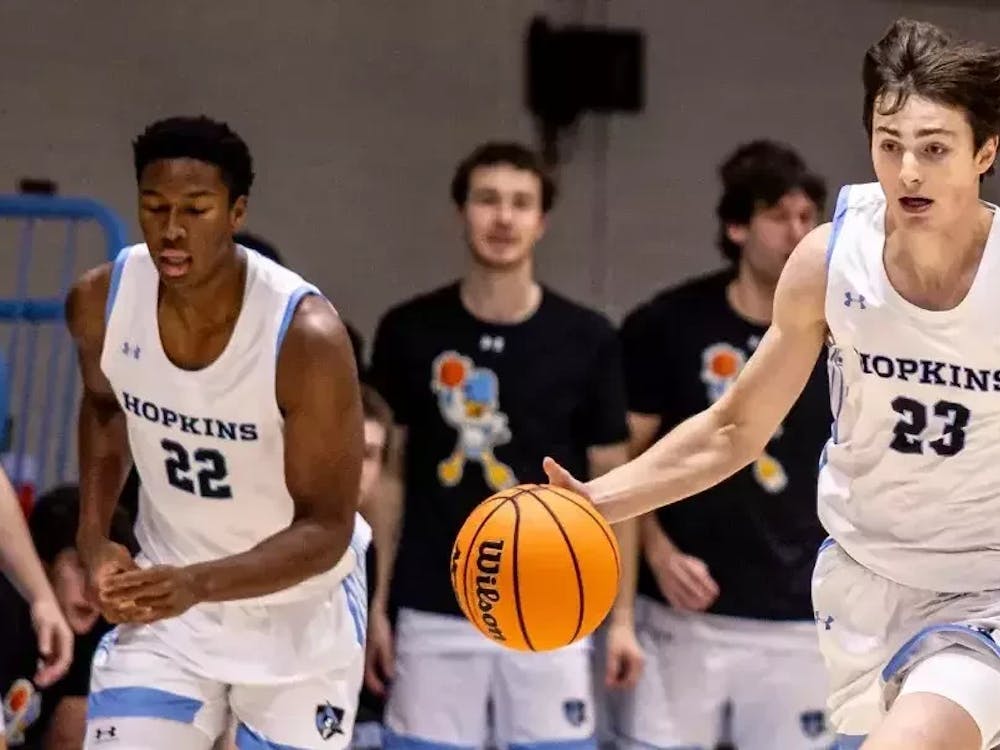
It’s that time of year in which fantasy football general managers are reflecting on their rosters. Ten weeks into the season, they have a rough picture of where their teams stand. But regardless of how well their teams are living up to expectations, it’s instinct to want to make them better and to be on the hunt for moves that will put their teams over the top. I spend a lot of time running analytics on fantasy, and here are three central takeaways I embrace to maximize the potential of my fantasy teams.
1. Star power wins championships.
Sure, this isn’t an overly innovative or novel statement, but the extent to which it can help your team is routinely underestimated. Would you rather have Dalvin Cook or Austin Ekeler, Todd Gurley and Tyler Lockett? How about Christian McCaffrey or Miles Sanders, James Conner and Julio Jones? Considering their position-adjusted point totals this season relative to their replacement level options, it turns out that Cook and McCaffrey are worth slightly more than each of the corresponding sets of players. Ekeler, Gurley, Lockett, Sanders, Conner and Jones are all fine players in their own rights, but they are no match for any of the top 10 players in the league. Package and trade your mid-level and good-but-not-elite assets as much as you can. It’s not easy to do, but star power wins championships, and winning a championship isn’t easy.
2. Running backs and wide receivers with the same positional ranks offer vastly different values; it takes two good running backs to win.
In many ways, running backs are always in short supply relative to wide receivers. A typical National Football League team starts just one running back but two to three wide receivers, but fantasy football typically affords an equal number of spots to starting running backs and wide receivers. The result is that the replacement level running backs available in a typical league are pitifully subpar. Replacement options like Phillip Lindsay, Jamaal Williams, Reggie Bonnafon, Rex Burkhead and Malcolm Brown see inconsistent playing time so long as the starting running backs in front of them are healthy. Players like this average a mere seven fantasy points per game. This is approximately 1.5 to two points per game less than replacement wide receiver options like Brandin Cooks, JuJu Smith-Schuster and Tee Higgins. Replacement-level running backs are on average less productive than replacement level wide receivers.
Framing this phenomenon in a different light, which is a better asset: the fifth overall ranked running back or the fifth overall ranked wide receiver? Based on points per game, that would be the difference between Derrick Henry and Tyreek Hill, a difference of a little over four fantasy points per game. What about the 10th-ranked running back versus the 10th-ranked wide receiver? That would be the difference between a healthy Austin Ekeler and Will Fuller. Both are fine players, but Ekeler has the edge to the tune of about two fantasy points per game.
Sure, the difference in running backs and wide receivers with the same positional rankings becomes less pronounced as we progress further down the rankings, but at the top, where we pay a premium for high-end players, there’s a significant difference between building your team around a running back like Derrick Henry, Aaron Jones or Nick Chubb relative to a wide receiver like Julio Jones, DeAndre Hopkins or Tyler Lockett. Top five running backs average approximately five more points per game than the top five receivers. Replacement level running backs are 1.5 to two points worse than replacement-level wide receivers. These facts make running backs an essential pillar to a successful season. Out of my top 30 players overall, 14 are running backs, seven are quarterbacks, five are wide receivers, one is a tight end and two are defenses. Good running backs are essential to success.
3. Don’t forget the defense; in fantasy, defenses can win championships.
If I told you there were a player who would average between 10 and 18 points per week who didn’t get picked in any of the first five rounds of the draft, would you be interested in that kind of investment? Depending on your league scoring settings, the Indianapolis Colts, Baltimore Ravens and Pittsburgh Steelers defenses are likely averaging those numbers. Given that replacement-level defenses score anywhere between five and 10 points per week in these same leagues, a good defense is a highly undervalued commodity. Until the trade market reflects this new reality, acquiring a good defense for a mid-level wide receiver or even a mid-level running back is a great way to significantly improve your team. I have the Colts, Ravens and Steelers all ranked within my top 35 players so far this season in fantasy, and they are great complementary pieces that can make a championship a reality.





